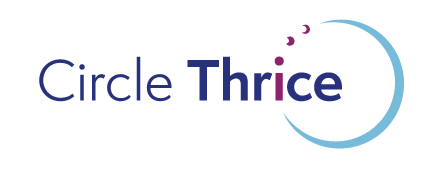I started this series on habits discussing how habits are good because they free up our brains for more interesting and creative stuff. Then I dipped into the idea of good and bad habits, questioning whether — beyond a certain baseline — we can judge what’s good and bad for other people.
Today I’m going to look at the dark side of habit change.
One of the books I’m using for the mundane side of my habits research is The Power of Habit, by Charles Duhigg. This is an excellent book that I’m sure I’ve discussed before. But there’s one interesting section that you can read without buying the book (because Duhigg published it in the New York Times) about how people’s habits change when they start a family.
The gist of that article is that companies spy on you and know more about you than you would maybe like… if only you knew. But the reason this ended up in his habits book is also very interesting. Companies like Target do such detailed (and expensive) data analysis on their customers in order to catch them “in between” habits.
When you go through a life change, a lot of your habits will end up changing. Think about if you’ve ever moved to a new house, let alone town, state, or country. Suddenly you find yourself shopping in new stores, maybe trying new products, maybe even upending your diet. People do this unconsciously and naturally. It happens when they move, when they marry or divorce, or even when they change jobs. All of their previous shopping habits get broken and new habits get formed.
Companies can smell financial weakness on these people like dogs smell fear.
The holy grail of catching customers is when a woman has a new baby. Not only do new parents need bunches of stuff that they never needed before, they are also exhausted and their lives thrown into complete upheaval. If you can catch a woman with targeted coupons while she’s still pregnant, you may have her whole family for life.
There’s certainly a Mind Wars element to this (I referenced the article here), but I’m not thinking about that at all. No, my focus is on how changing habits is so much easier when you go through some kind of upheaval. If you want to make radical changes in your habits, you may need to make radical changes in the rest of your life.
I’m reminded of someone of my close acquaintance who kicked a serious cocaine habit by packing a bag, hopping a bus, and moving across the country — away from every location, person, and situation that was associated with the drug and into an entirely new environment. Extreme? Yes. But it worked. And by worked, I mean he kicked his habit easily and naturally and never touched the stuff ever again.
So what does that mean for someone who’s life is pretty nice, but also pretty entrenched? Someone who wants to make changes, but who doesn’t really want a massive upheaval? It means, interestingly, that changing habits is much harder.
If everything sucks, it’s easy to justify shaking everything up. But if things are mostly good (except you want to make some better habits) you’re not going to smash your life apart in order to get more exercise and you’re not going to quit your job in order to avoid the snacks at work.
As I ponder the intersection of magic and habits, well, it seems like there’s something powerful there to poke at.


